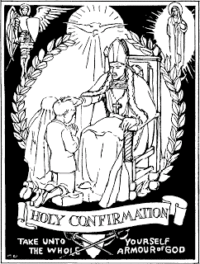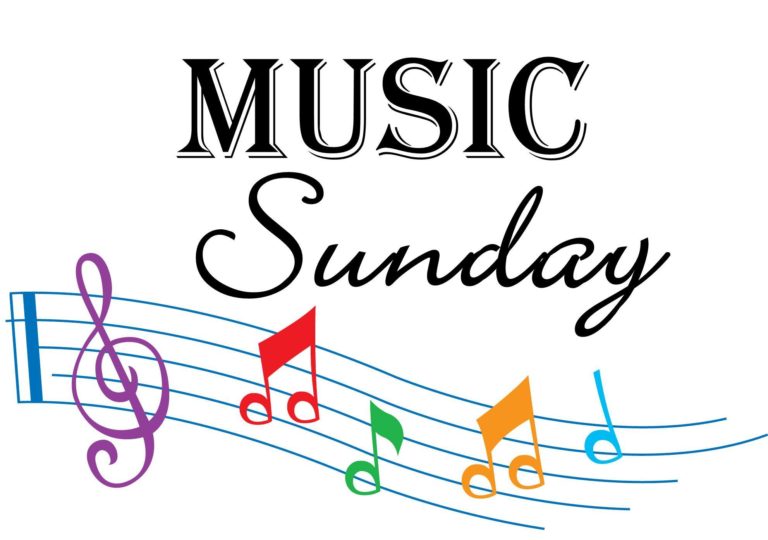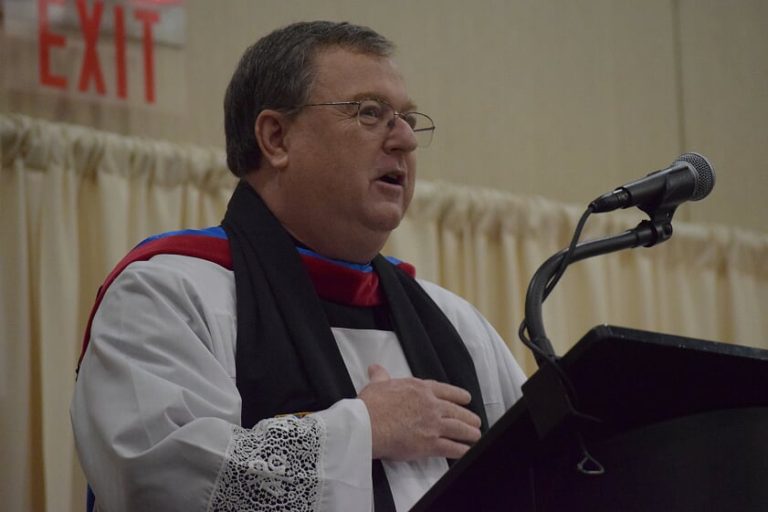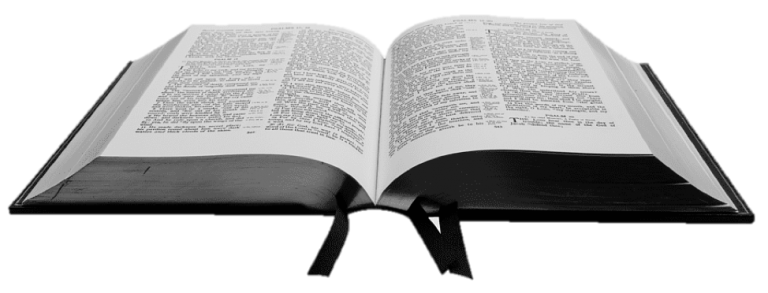A History of Giving Thanks to God
Sermon preached Thanksgiving Day 2023 at St. Michael the Archangel Anglican Church
“O Praise the Lord, for it is a good thing to sing praises unto our God; yea, a joyful and pleasant thing it is to be thankful.” In the Name of the Father, and of the Son, and of the Holy Ghost. Amen.
History is an amazing thing when it is not being silenced or shamed, and this is true of Thanksgiving celebrations as much as anything else. Despite hardships, revolution, inflation, division, depression, and two world wars, our nation has been at her best when her citizens rightly remembered to give thanks and praise to God for His manifold blessings through it all. Even before what many people think was the first Thanksgiving, those who would form this nation were people of thanksgiving. Fifty years before the surviving members of the Plymouth pilgrims had their three-day celebration of thanksgiving with members of the Wampanoag tribe in 1621, the Spanish had landed in what is today St. Augustine, FL in 1565. And there they celebrated a Mass of Thanksgiving in the port and afterward prepared a meal in which they invited members of the native Seloy tribe as guests. Fast-forward from those events to 1789, and we see our nation continuing in thanksgiving as the joint houses of congress petitioned the President “to recommend to the People of the United States a day of public thanksgiving and prayer to be observed by acknowledging with grateful hearts the many signal favors of God Almighty.” George Washington whole heartedly consented and thus gave what is now known as his 1789 Presidential Thanksgiving Proclamation.
Washington proclaimed that Thursday the 26th of November would be the day in which the nation would “be devoted by the People of these States to the service of that great and glorious Being, who is the beneficent Author of all the good that was, that is, or that will be” – or as our Epistle Reading puts it: devoted to Him who is the giver of “ever good gift and every perfect gift.” And he wanted the devotions to have two parts: 1st “That we may all unite in rendering unto Him our sincere and humble thanks” and 2nd “also unite in most humbly offering our prayers and supplications.” He enumerated both:
First, the Nation was to thank God for 1: His kindness and goodness to the people of this land before they became a nation; 2: His manifold mercies and favorable providence that brought them through the Revolution; 3: the “tranquility, peace, and unity” ever since the war; 4: the “civil and religious liberty with which we are blessed” by our constitutional government; and 5: “in general for all the great and various favors which He hath been pleased to confer upon us.”
And then Secondly, the Nation was to supplicate God to 1: “pardon our national and other transgressions;” 2: “enable us all to perform our several and relative duties;” 3: “to render our national government a blessing to all the People by constantly being a government of wise, just and constitutional laws;” 4: “guide all Sovereigns and Nations and to bless them with good government, peace, and concord;” 5: [like a true Anglican] “to promote knowledge and the practice of true religion and virtue; and 6: “generally to grant unto all mankind such a degree of temporal prosperity as He alone knows to be best.”
Thereafter, there would be several other presidential proclamations prescribing a Days of Prayer and Thanking to Almighty God by Washington, Adams, and Madison (throughout various months of the years), but the Thanksgiving practice we are all familiar with became more official in 1863 with Abraham Lincoln’s Thanksgiving Proclamation.
In his proclamation, Lincoln wrote: “It has seemed to me fit and proper that [the gracious gifts of the Most High God] should be solemnly, reverently, and gratefully acknowledged as with one heart and voice by the whole American people. I do, therefore, invite my fellow-citizens… to set apart and observe the last Thursday of November next as a Day of Thanksgiving and Praise to our beneficent Father who dwelleth in the heavens.” Our nation answered the invitation and continued doing so through the years until later, in 1941, Congress officially established Thanksgiving as a legal holiday on the fourth Thursday of November.
This is our rich heritage of thanksgiving and now we take up our responsibility as Christian citizens of the United States to do what countless faithful men and women have done before us: Give thanks to God for the manifold blessings by which He has lavished upon our Nation and to make supplication for the forgiveness of our sins and misuse of the same blessings. For “the hour cometh and now is when the true worshippers shall worship the Father in Spirit and in Truth. For the Father seeketh such to worship Him.” Amen.





